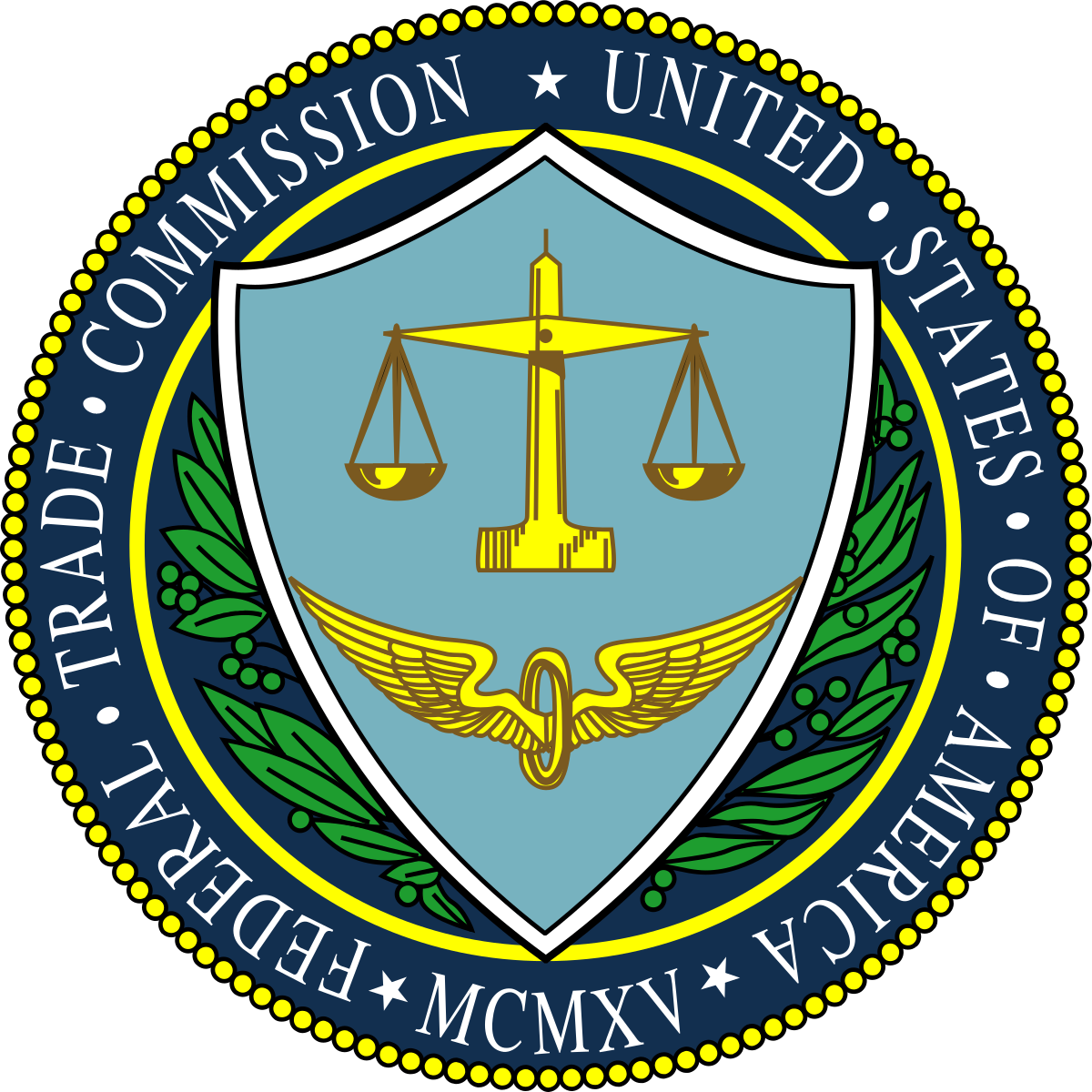
FTC
The Federal Trade Commission is sending more than $147,000 in full refunds to people affected by a student loan debt relief scam.
According to an amended FTC complaint filed in 2019, corporate defendants Impetus Enterprise, Inc., Fig Tree & Co., LLC, Capital Sun Investments, and individual defendants Tuan Duong, Brenda Avitia-Pena, Brian Colombana, and Jimmy Calderon, tricked student loan borrowers into paying illegal upfront fees by falsely promising to reduce or eliminate their student loan debt. The defendants also did business as Aiding Student Relief, Aidnest, and Studora, among others.
In 2019, four defendants settled FTC’s charges. Duong was banned from telemarketing and defendants Avitia-Pena, Calderon, and Capital Sun Investments were banned from selling debt relief services. In 2020, the court issued a default judgment against the remaining defendants, including Colombana, banning them from selling debt relief services or telemarketing.
The FTC is mailing full refunds, averaging $607 each, to victims of the scheme who previously filed a complaint with law enforcement. Consumers who receive checks should deposit or cash their checks within 90 days, as indicated on the check. The FTC never requires people to pay money or provide account information to cash a refund check.
Consumers who did not receive a check and think they should have been included in the distribution can call the refund administrator, Rust Consulting, Inc. at 1-877-310-4642.
The FTC’s interactive dashboards for refund data provide a state-by-state breakdown of FTC refunds. In 2020, FTC actions led to more than $483 million in refunds to consumers across the country, but recently the United States Supreme Court ruled the FTC lacks authority under Section 13(b) to seek monetary relief in federal court going forward. The Commission has urged Congress to restore the FTC’s ability to get money back for consumers.
The Federal Trade Commission works to promote competition and to protect and educate consumers. You can learn more about consumer topics and report scams, fraud, and bad business practices online at ReportFraud.ftc.gov. Like the FTC on Facebook, follow us on Twitter, get consumer alerts, read our blogs, and subscribe to press releases for the latest FTC news and resources.





